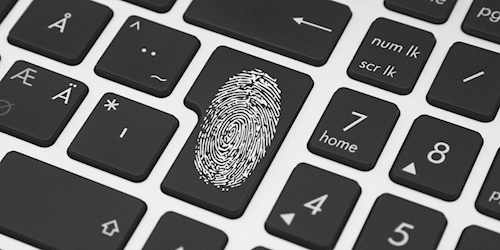The Importance of Multi-factor Authentication for Your Remote Workers

With many teams now working remotely, security is even more important to businesses than ever before. Employee’s are utilizing personal devices, personal wireless networks, and cloud-based apps to do critical tasks that are typically done when connected to a secure network.
With that in mind, it’s critical that all work-related applications are as secure as possible. Multi Factor Authentication (MFA) is a necessity for remote workers – let's talk about why.
MFA 101
Before we go into the “whys” of MFA, let’s get into the “whats,” for those who are less familiar.
Essentially, MFA means that more than one means of authentication is necessary to access an application. The different types of authentication factors are:
- Something you know (username/passwords, security questions, etc.)
- Something you have (a device, a token, a key, etc.)
- Something you are (fingerprints, etc.)
The idea is that by requiring identification from two categories, the chances of hacking diminish significantly. The most common combination you’ll likely see for applications is username/password (something you know) with a code sent via SMS to a device (something you have).
Depending on the application, MFA can also be known as Step-Up Authentication, Advanced Authentication, 2-Step Verification, Two Factor Authentication, or Login Verification, but they all refer to the above concept.
Why is MFA important for remote workers?
Without proper precautions, remote workers are more susceptible to attacks because they are not safeguarded by the firewalls attached to a company’s network infrastructure. By using their personal Wi-Fi connections and devices for mission-critical tasks, remote workers pose a much higher cybersecurity risk.
MFA provides an extra layer of security for remote workers. Instead of them working behind a locked door, they’re working behind a locked door that also requires thumbprint analysis. MFA can protect your remote team against basic attacks like email phishing as well as more complex attacks.
This is important for commonly used, and commonly overlooked, internet-based items like email. If your business applications are poorly protected, they are a prime target for remote attacks as well.
MFA is important for remote workers for not only preventing unauthorized access, but in improving your organization’s overall security posture. This is thanks to one of the great features of MFA: when an attempt is made to get into someone’s account from an unauthorized device, the user will get a notification. This allows them to act quickly moments after the attempted attack by changing their password and notifying their systems administrator.
The benefits are worth the price
Some end users are not thrilled about having MFA implemented. It is an awkward process to get used to and often disrupts task flow. It is also a little more time consuming for IT staff to manage. However, that’s a small price to pay for peace of mind and better security. Is convenience really more important to your organization than data security? Now, more than ever, it shouldn’t be.
Many attacks are successfully carried out simply by guessing passwords, no matter how secure those passwords appear to be. Even randomly-generated passwords can be cracked with the right amount of persistence. Make sure your remote team is protected by implementing multi-factor authentication in as many places as possible.
As your team makes the remote transition, make sure your organization has MFA solutions in place before it’s too late. For help getting started, reach out to the team at Vandis at info@vandis.com.